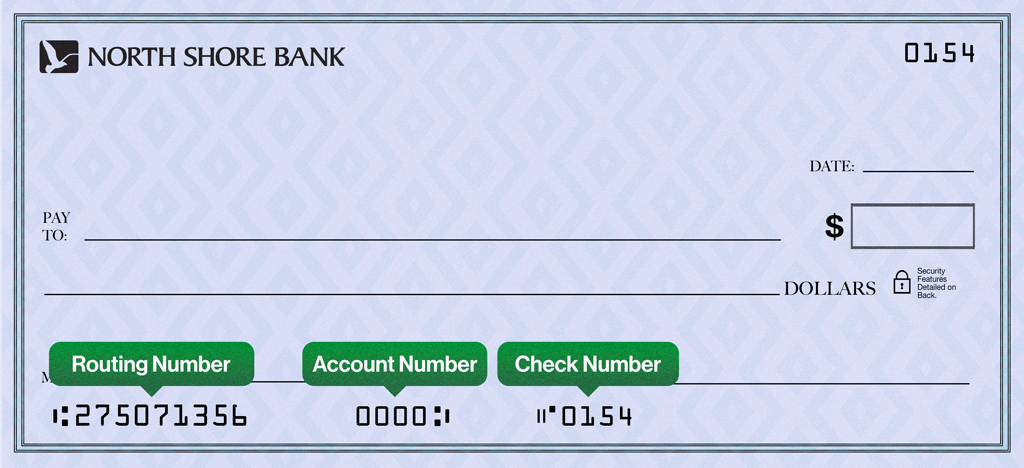First, why is building credit important?
Using credit means being able to pay for things you want or need when you don't have enough cash to cover the purchase, or don't want to pay in full all at once. In return, you have to repay the lender the amount of money you've borrowed, plus interest, calculated as a percentage of the amount you owe.
To determine whether they should lend you money, how much, and at what interest rate, lenders use a credit score. Your credit score is an actual number, between 300 and 850. The higher the number, the better: a score of 740 to 799 is considered very good, though the average is closer to 700.
Your credit score is used to judge your creditworthiness. If lenders believe you are creditworthy, they have more confidence in your ability to pay back what you owe. Higher credit scores make it easier and cheaper to borrow, rent an apartment, buy a house, get insurance, and a number of other day-to-day essentials.
One way to build credit is by using a credit card.
By properly managing a credit card, you can earn rewards and start building your credit score, all while making your regular purchases. Shopping with a credit card is easy, but finding the card that’s right for you can be confusing.
To start, do your research: Consider your spending habits and priorities when it comes to rewards: Do you pay off your credit card in full each month? If so, you might consider a card that offers rewards even if it has a slightly higher interest rate. If not, you might want to consider a non-rewards card with lower interest so you can pay down balances faster. Regardless, it’s wise to avoid cards that charge annual fees or have extremely high-interest rates.
Learn more about North Shore Bank’s credit cards here.
Some stores offer retail credit cards that provide special perks when used at the issuing store, but beware – many have high APRs.
If you’re turned down for a credit card, investigate a secured credit card.
These cards provide an excellent opportunity for someone trying to start or improve their credit history. Secured cards work the same way as regular credit cards, with one twist: You have to open an interest-bearing account, like a savings or money market account, with the bank that issues the card. If you don’t make your payments on time, the bank will take the amount you owe out of your account. But if you use the card regularly and pay on time, you may become eligible for a regular credit card.
Never apply for a card if you're uncertain whether you can make payments. Multiple applications in a short period of time and rejections can have negative impacts on your credit score.
The single biggest thing you can do with your card to build your credit score and protect your finances is to pay off what you owe on time.
You don’t want to be carrying over unpaid balances or consistently making late payments because these actions will have negative impacts on your score and can cause you to slip into a situation where you’re unable to pay off your debt. Paying your balance off on time every month will boost your score and keep you from paying interest.
Keep an eye on how much you’re borrowing.
When you’re approved for a credit card, you’ll be given a credit limit. This is the max amount that the credit card company will let you borrow at one time. If you constantly get close to that limit, creditors can view you as a high risk borrower. The percentage you use of available credit is your credit utilization ratio. The rule is to keep your ratio under 30%; going any higher than this can damage your score. If it isn’t always possible to stay below that number, do your best to pay your balance down as soon as possible to make it less likely that the higher amount will be reported to credit monitoring agencies.
Consistent use builds your credit history and shows potential lenders that you can borrow and pay back money responsibly.
Finally, while a properly managed credit card can give a good boost to your credit score, it will be even better if it isn’t alone. That means that auto loans, a mortgage, and other kinds of loans can also have a positive impact on your score.
Within reason, the more borrowing history that you have, the better. Of course, you also want that history to be filled with accounts where you made steady payments and eventually paid them off.
Building your credit score requires balancing multiple credit types where you consistently make your payments without overwhelming yourself or opening too many accounts all at once.
Interested in a North Shore Bank Credit Card or Loan?
Browse more of our financial literacy resources by clicking here.
 When opening an account online, your initial deposit must be done by transferring money from your current bank account or by debit or credit card.
When opening an account online, your initial deposit must be done by transferring money from your current bank account or by debit or credit card. Click on the three vertical dots alongside the blue “Pay” button
Click on the three vertical dots alongside the blue “Pay” button